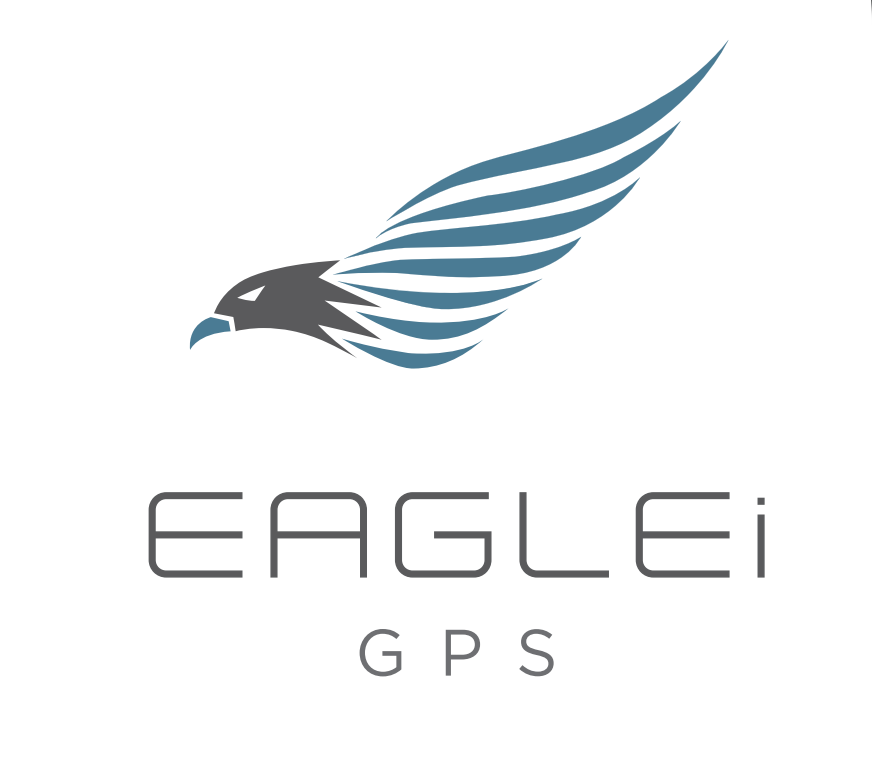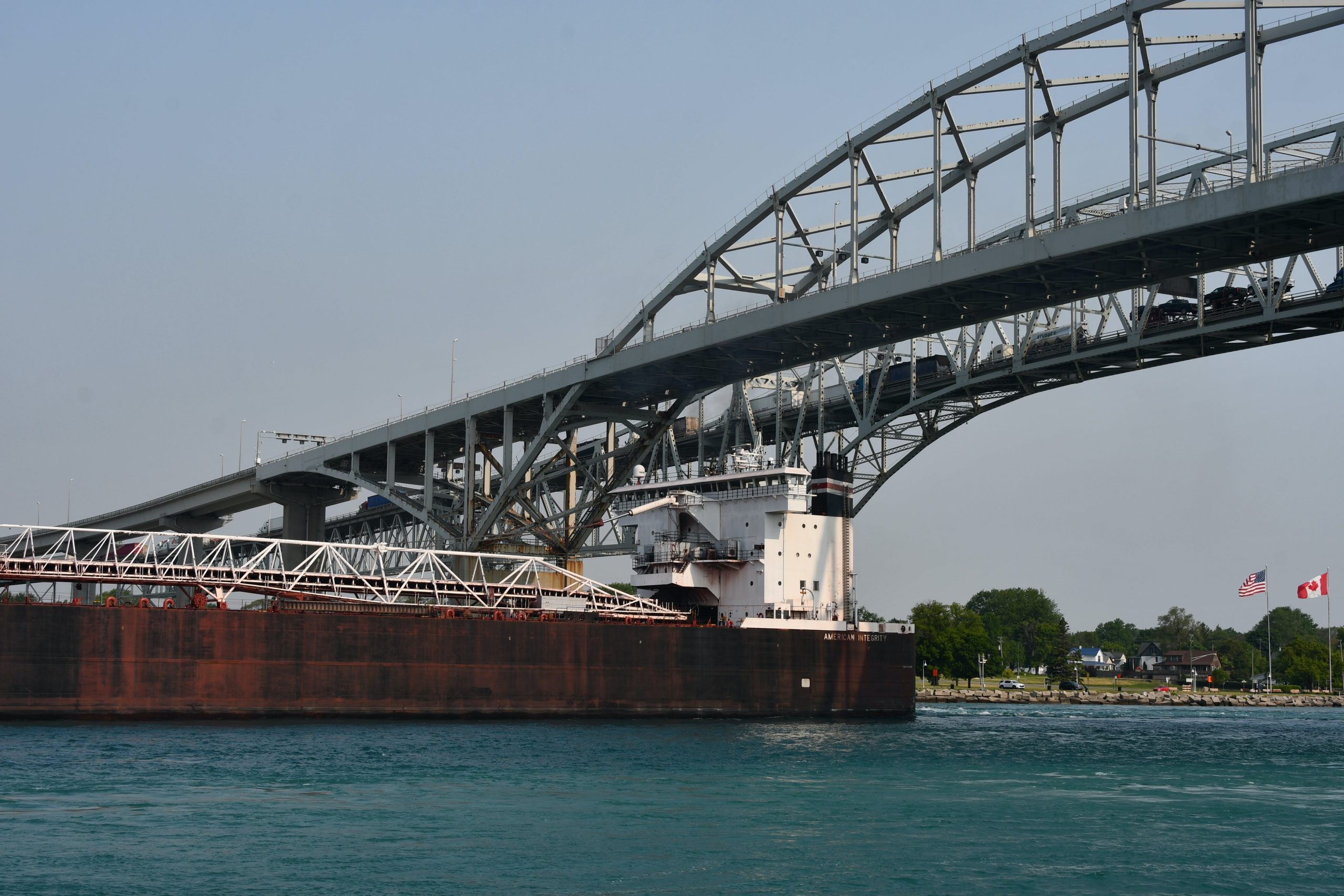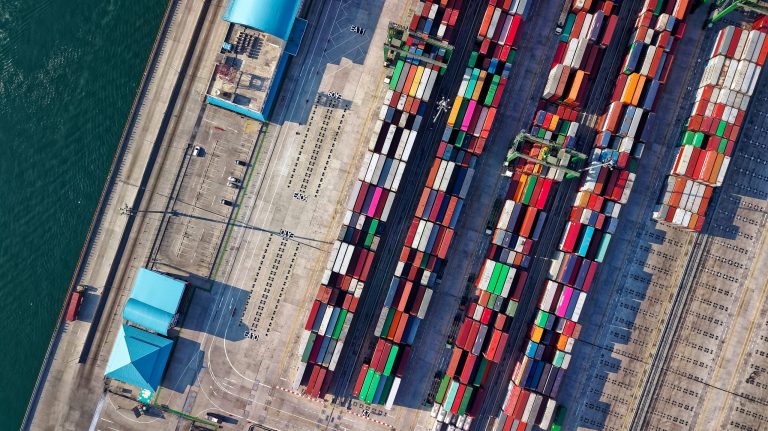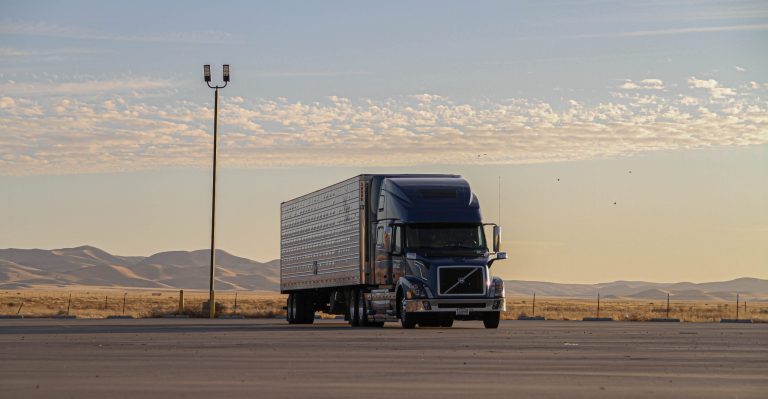Cross-Border Insights: GPS Fleet Tracking in Ontario, Canada, and U.S.A. Trade
Introduction
In the fast-paced world of logistics, the efficiency and security of fleet operations are paramount, especially in cross-border trade contexts. Ontario, a key player in Canada-U.S. trade, leverages advanced GPS fleet tracking technologies to streamline these processes. This blog delves into how GPS fleet tracking in Ontario, Canada, is reshaping cross-border trade dynamics with the U.S.
The Importance of Ontario in Canada-U.S.A. Trade
Ontario, known for its bustling economy and strategic geographical position, serves as a vital conduit in Canada-U.S. trade. With a significant proportion of goods transported between these two countries passing through Ontario, the region’s role in international commerce is undeniable. Recent statistics reveal a staggering volume of trade moving across this border, highlighting the need for efficient logistics solutions.
Role of GPS Fleet Tracking in Enhancing Cross-Border Logistics
GPS fleet tracking stands at the forefront of modernizing cross-border logistics. In Ontario, this technology is not just a tool for route optimization and delivery time improvement; it’s a crucial component for adhering to stringent cross-border regulations. Real-time tracking and data analytics provided by these systems offer unparalleled transparency and efficiency, ensuring that fleets moving between Canada and the U.S. operate smoothly and within legal boundaries.
Navigating Regulatory Challenges
Cross-border transportation is laden with regulatory complexities. Fleet operators in Ontario must navigate a maze of Canadian and U.S. regulations. GPS fleet tracking systems are instrumental in ensuring compliance, offering features like electronic logging devices (ELD) for hours-of-service tracking and geofencing to alert when vehicles cross international borders. Staying abreast of these regulations and employing GPS technology helps Ontario-based companies avoid legal pitfalls and maintain seamless operations.
Case Studies
Several Ontario-based businesses have significantly benefited from integrating GPS fleet tracking into their cross-border operations. For instance, a Toronto-based logistics company implemented GPS tracking to manage its fleet across the U.S. border. This resulted in a 20% reduction in fuel costs and a 15% increase in delivery efficiency. Another case study highlights an Ontario transportation firm that used GPS tracking to enhance security and tracking of high-value goods across the border, substantially reducing instances of theft and loss.
Technological Innovations
The realm of GPS fleet tracking is continuously evolving, with new technologies emerging to better serve the intricate needs of cross-border trade. Innovations in Ontario’s GPS fleet tracking systems now include advanced route planning algorithms that consider real-time traffic data, weather conditions, and border wait times. These advancements enable fleets to make dynamic route adjustments, reducing delays and increasing on-time deliveries. Additionally, integration with blockchain technology is on the rise, enhancing data security and transparency in cross-border transactions.
Economic Impact and Future Trends
The economic impact of efficient GPS fleet tracking in Ontario’s cross-border trade with the U.S. is substantial. Improved logistics efficiency translates into cost savings, higher customer satisfaction, and increased competitiveness in the global market. Looking ahead, the adoption of autonomous vehicle technology and AI in fleet tracking promises to further revolutionize this sector, offering exciting prospects for Ontario’s trade and transportation industries.
Conclusion
GPS fleet tracking technology is a game-changer for Ontario’s cross-border trade with the United States. By enhancing route efficiency, ensuring regulatory compliance, and embracing technological innovations, Ontario is well-positioned to continue its role as a vital player in North American trade dynamics. As the landscape of international trade evolves, so too will the capabilities and applications of GPS fleet tracking, ensuring that Ontario remains at the cutting edge of logistics and transportation efficiency.







